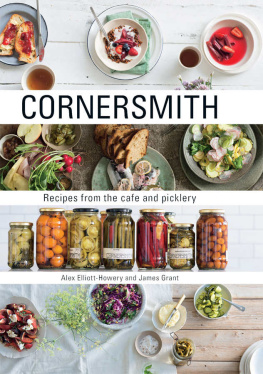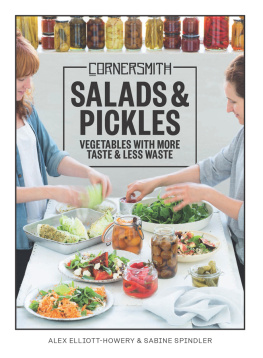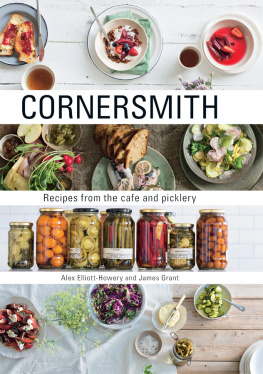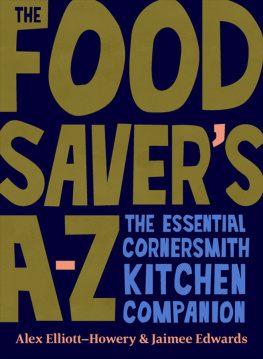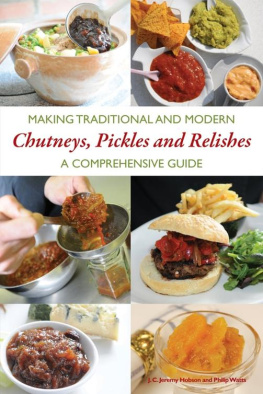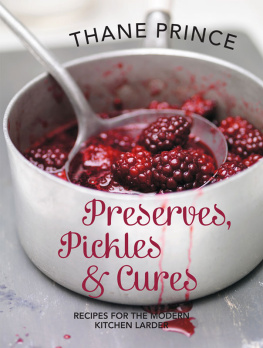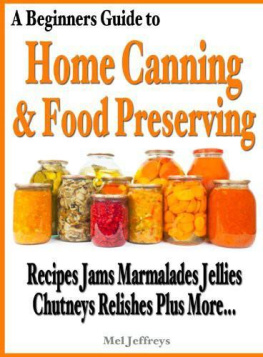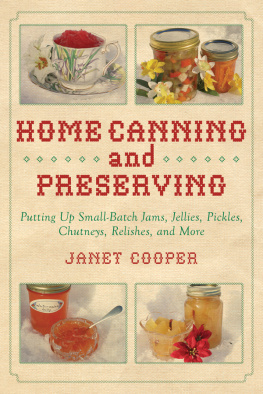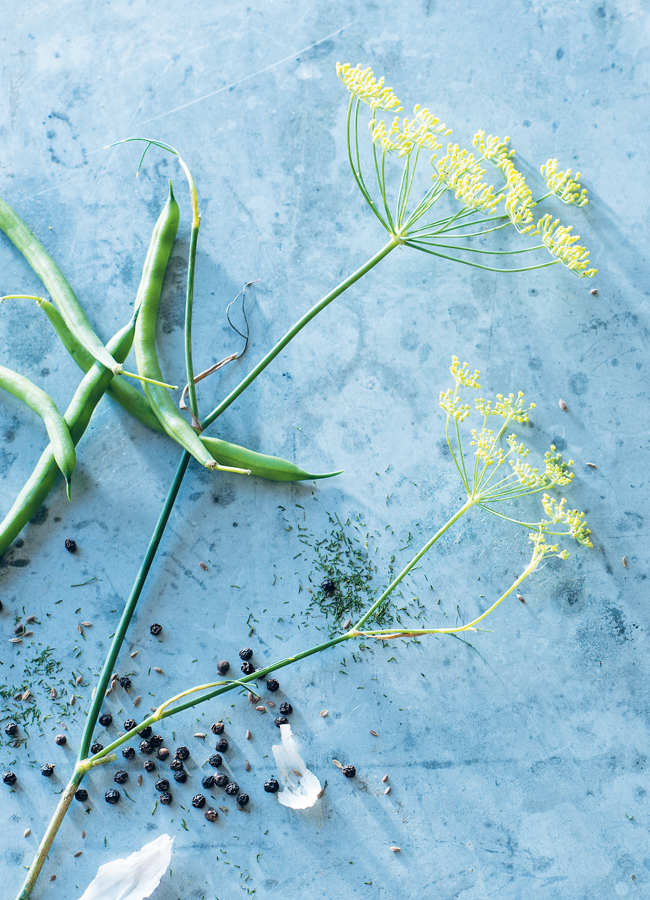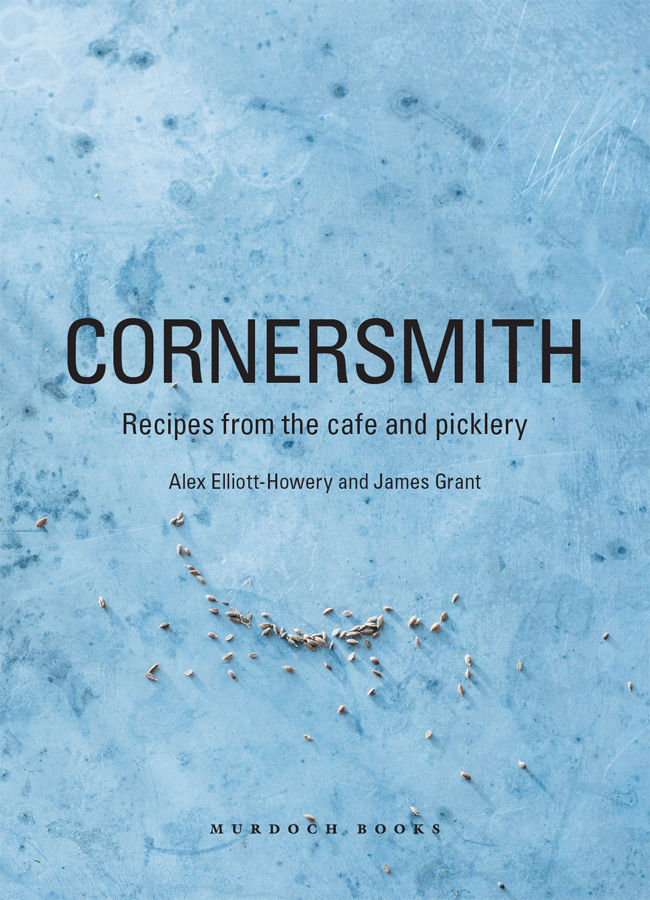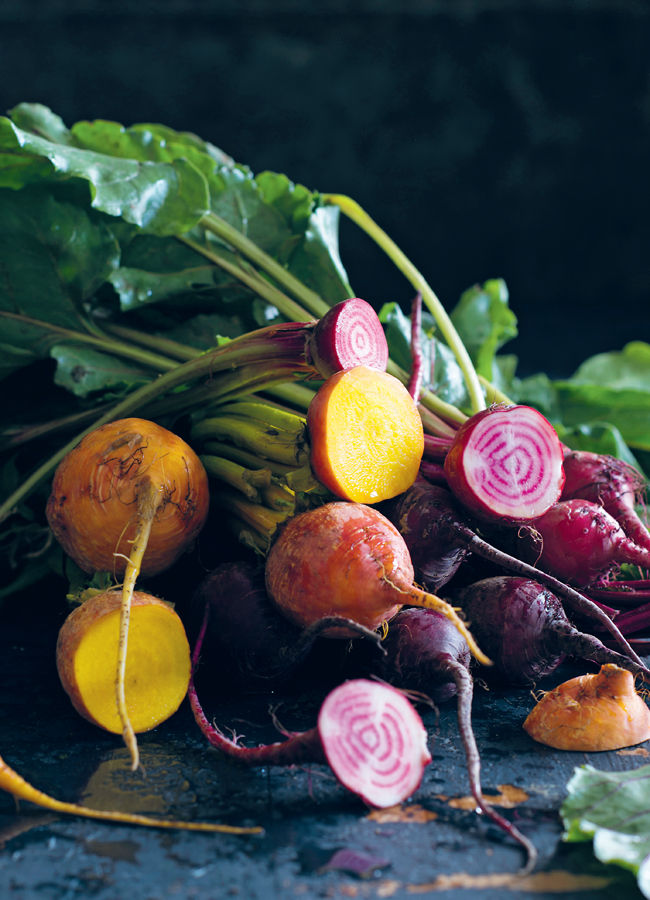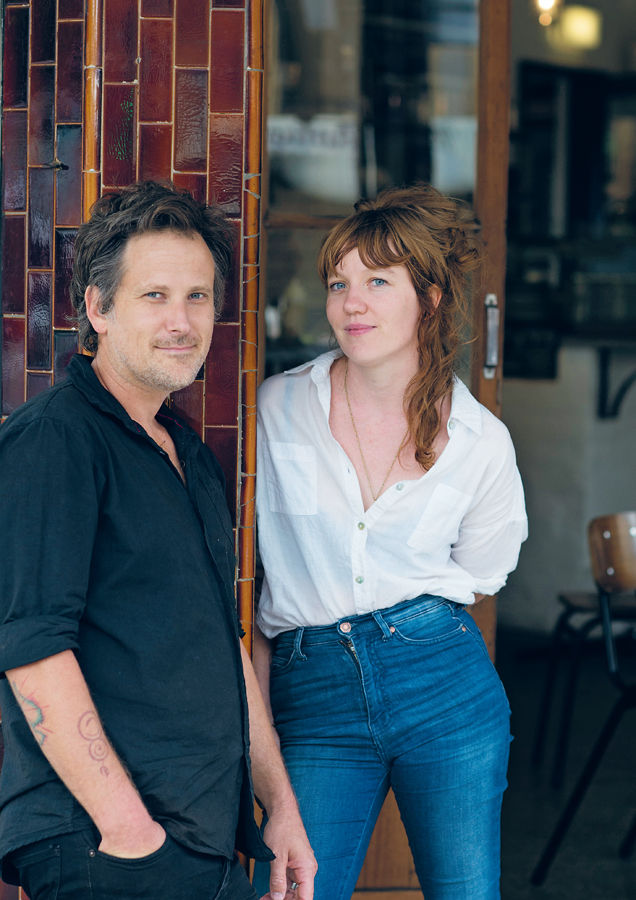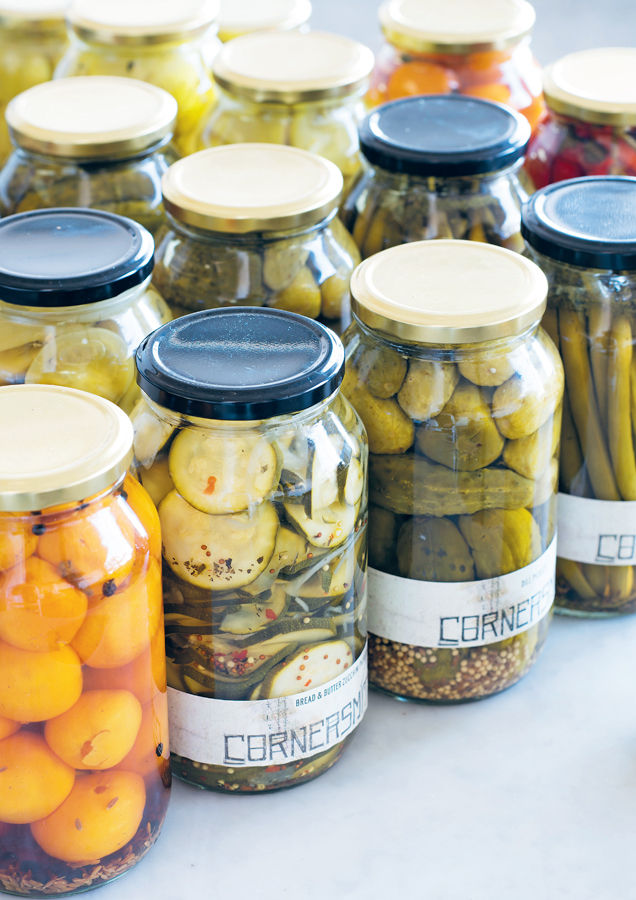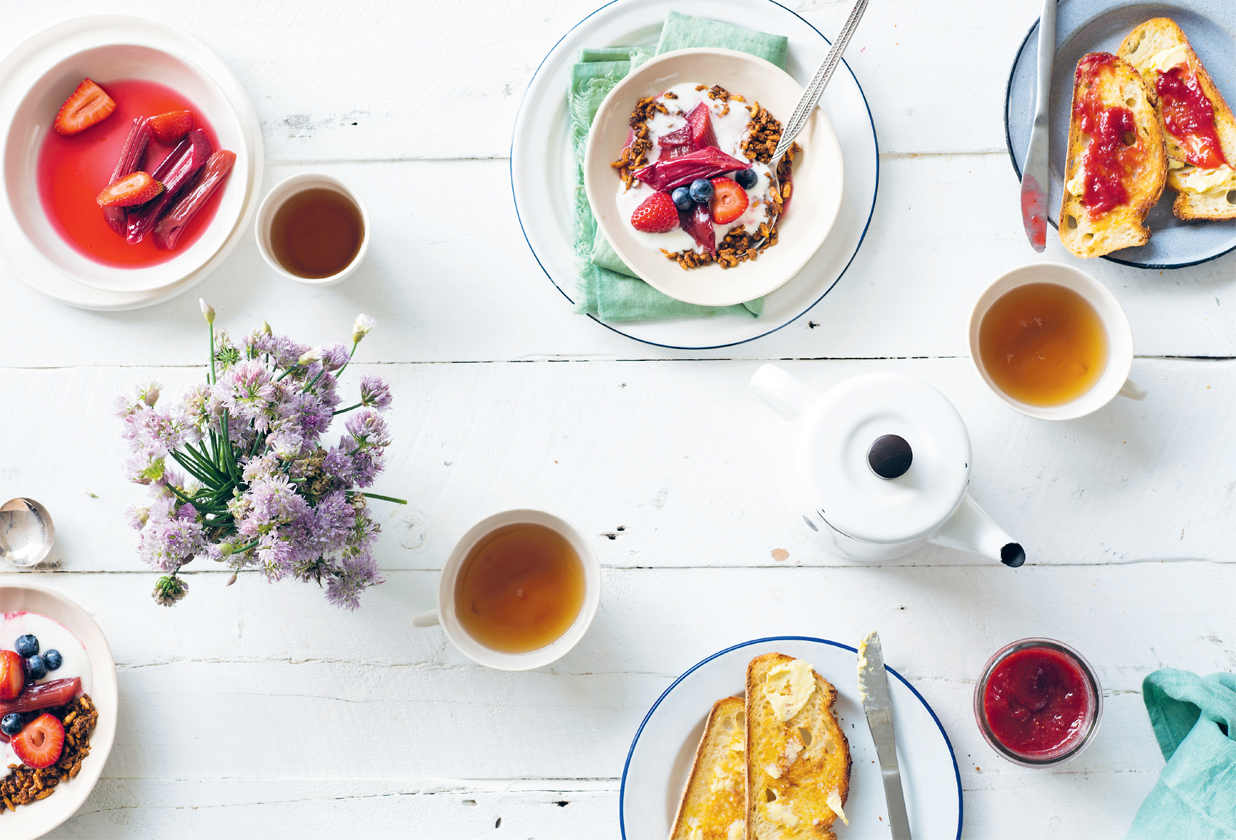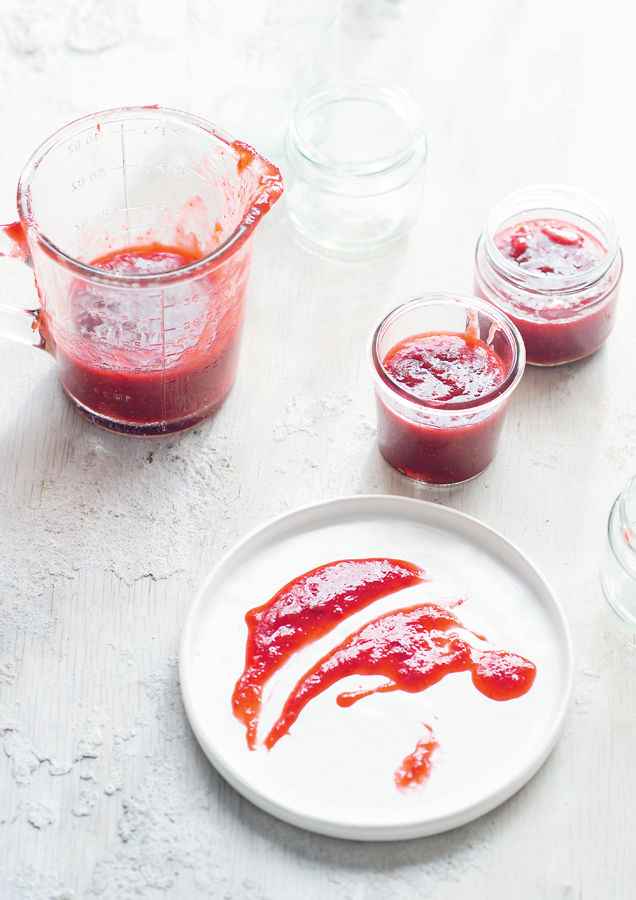CORNERSMITH
When Alex Elliott-Howery and James Grant opened the doors to Cornersmith, their neighbourhood cafe on an unassuming street corner in Sydneys inner west, they wanted the food to represent the sustainable ethos they held to when cooking at home: making everything from scratch using local, in-season produce; avoiding processed foods; and pickling and preserving to reduce waste. But most importantly, they wanted to serve great-tasting, good-for-you food that everyone would love.
From day one the locals flocked in, and Cornersmith has since grown to incorporate a picklery, cooking school and trading system where customers can swap home-grown produce for a coffee or a jar of pickles.
This book brings together favourite dishes from the award-winning cafe, covering everything from breakfasts, lunches and dinners to desserts, as well as recipes for their most popular pickles, jams, compotes, chutneys, relishes and fermented foods. Cornersmith food is about following the seasons, not the latest fad; its about opening your eyes to the bounty available in your own neighbourhood and showing you how best to use it.
ABOUT US
We first started thinking about opening a cafe when our kids were really little. Probably having the same fantasies a lot of people do, about working for yourself and creating the kind of local place you wish was on your street.
James had been working in cafes, bars and with coffee roasters for years, and felt like he was ready to open his own place. At the time Alex was home with the kids and turning family meals into creative projects: researching food ethics and eating seasonally, making everything from scratch and discovering an obsessive love for pickling. We felt that somehow we could put our skills and knowledge together and make a family business that would contribute something to the community.
After endless conversations about it, we decided to take the plunge. We knew from the beginning that if we were going to open a cafe, we needed to apply the same sustainable philosophy we lived by at home and make it work in a business setting. It was from this principle that all our plans were made. And with the helping hands of friends and family we gutted an old run-down corner shop close to our home and turned it into our cafe. Cornersmith opened its doors in January 2012, and the party was quite something. We papered the windows, roasted a goat on the spit in the backyard and danced on the tables until the early hours of the morning.
Soon after, in our very first week of business, we faced a setback. One night, after wed locked up and gone home for the day, the windows were smashed in and aggressive graffiti was scrawled all over the shop. We were so sad, but what followed was an outpouring of community support. As we were cleaning up the wreckage, people came by with flowers, letters and hand-made cards to show how welcome we really were. Somebody even brought us a home-grown watermelon with a big bow on it!
From then on, Cornersmith has been full. The response has been incredible. Our focus on sustainability, seasonality, sourcing local produce from small-scale growers and makers, and reducing waste, has struck a chord with our community. When it all began, we had no idea that our vision would be appreciated and supported so positively, and we feel very privileged to be part of such a forward-thinking community.
Given the strength of this community spirit, once Cornersmith was up and running, we started to wonder how a trading system would be received. So we set up a way for our customers to bring in their excess backyard produce in exchange for coffee or pickles. It turned out that Marrickville gardeners were overloaded with citrus fruit, figs, chillies, basil and rosemary, and people started coming in every week to trade their home-grown bounty. The neighbourhood responded so well to the idea that soon Alex and her long-time pickling mate Jaimee were seeing boxes of mandarins and crates of chokos come through the door.
During that first year of business we kept the cafe closed on Mondays for bottling days, but we couldnt keep up with the demand for our preserves. Marrickville was hungry for pickles! We also had a lot of interest from people who wanted to learn how to make their own pickles and preserves. And so the picklery was born. Occupying an old butchers shop on a corner up the hill from the cafe, this is where we do all our own bottling and run our food craft workshops: pickling, jam-making, fermenting, cheese-making, smoking, bread-making, pastry and more. It is the place where people come to trade, and to see what we are making that day. We also sell a range of carefully selected groceries from our suppliers.
All the recipes in this book are favourites from the cafe and picklery, not only because they are delicious, but because they reflect how we think and feel about food, community, and even business. Our menu brings together traded and small-scale farm produce, ethically raised meats, truly free-range eggs and slow food techniques. We are city folk through and through, running a business and raising a family, but that doesnt mean we dont have time to consider the source of our food and the impact of its consumption. We want to inspire people to make things at home, to think about where their food comes from, and to understand the seasonal availability of produce. If we can encourage people to connect with their communities and make considered choices in their homes and businesses, then we will feel like we have accomplished what we set out to do.
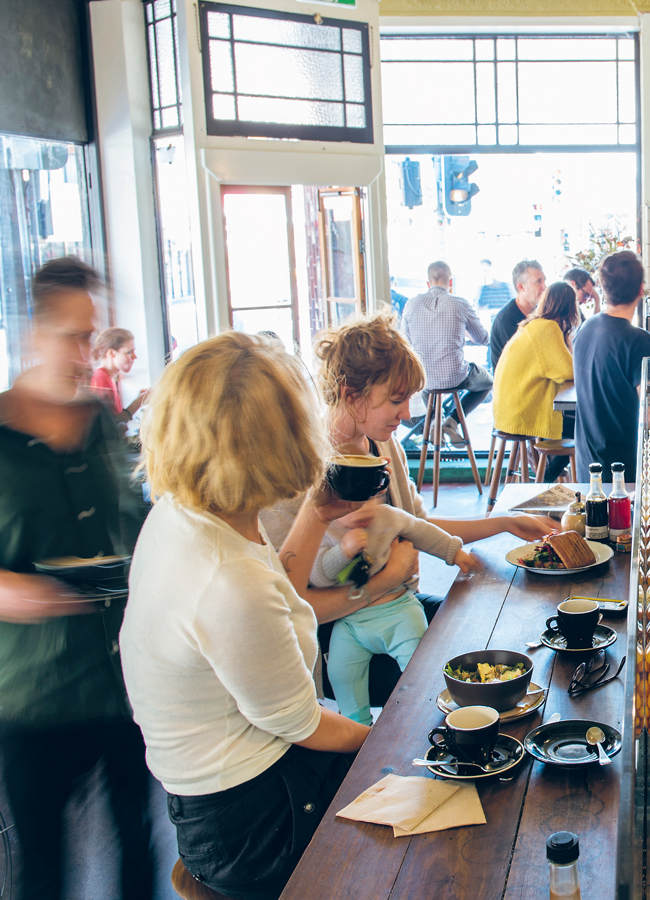
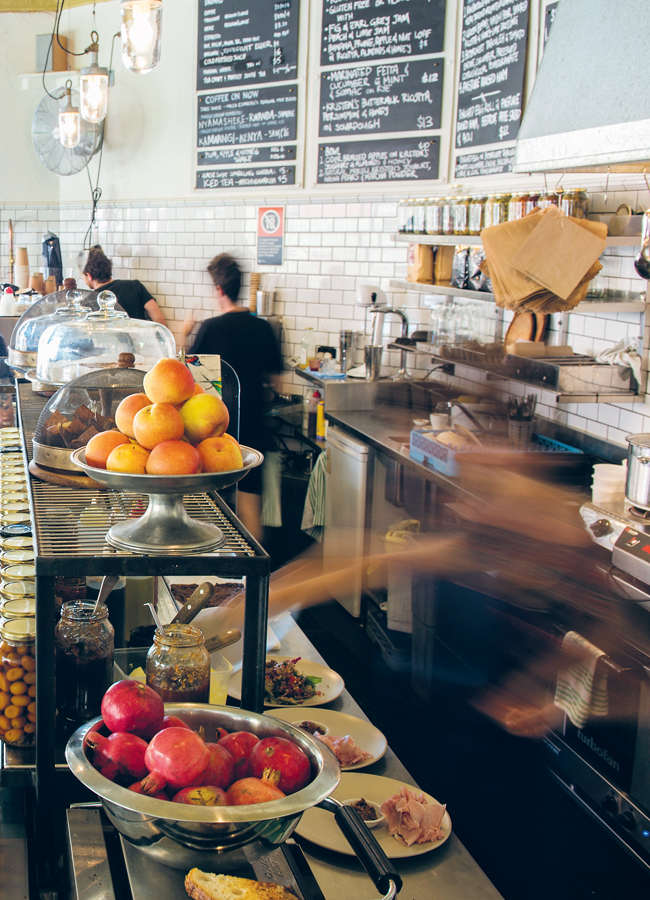
SPRING
STRAWBERRY, RHUBARB & ROSE JAM
Theres not a lot of fruit around in early spring pears and citrus fruit have finished up and theres still a few months to go before the stone fruits come in so this is the time to make use of strawberries and rhubarb. This is a softer-set jam, to maintain a bright colour and flavour. Its delicious on buttered toast, of course, but is also great in cakes.
PREPARATION TIME
15 minutes
COOKING TIME
about 1 hour
STORAGE
up to 12 months
MAKES
about 5 x 300 ml (10 fl oz) jars
1 kg (2 lb 4 oz) strawberries, hulled and halved
1 kg (2 lb 4 oz) trimmed rhubarb stalks, cut into 2 cm ( in) pieces about 2 bunches
1 kg (2 lb 4 oz) caster (superfine) sugar
juice and finely grated zest of 3 lemons
12 teaspoons rosewater, to taste
Put the strawberries, rhubarb and 250 ml (9 fl oz/1 cup) of water into a jam pan or other wide, heavy-based pan. Bring to a simmer over low heat and cook until the fruit is soft and falling apart, about 2030 minutes.

